How a History of Water Scarcity Shaped Culture
Societies in dry environments tend to think more for the long term, even in the present day. Exposure to news about climate change shifts people toward prioritizing long-term goals.
Published in Social Sciences, Earth & Environment, and Ecology & Evolution

Environments with water scarcity may have shaped people's psychology toward prioritizing long-term goals and against indulgence, according to study from my research team published in the journal Psychological Science.
The research starts by comparing two cities in Iran. One has plentiful water, so it has gardens, grapes, and the well-known Shiraz wine.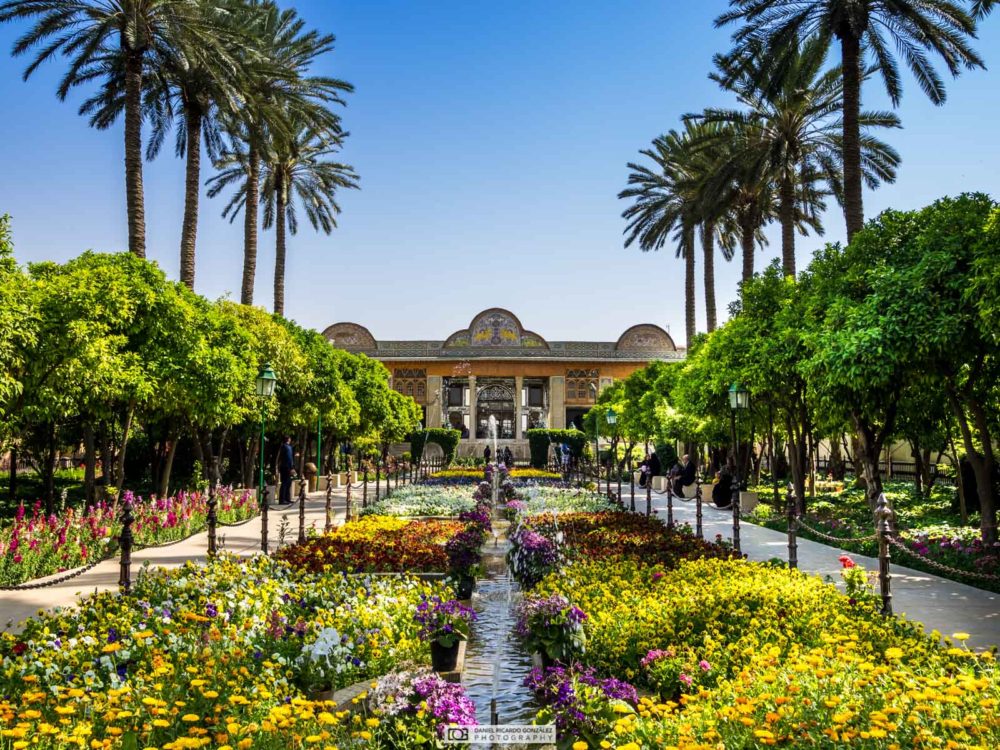

Then there's Yazd. Yazd is bone dry.
Yazd has a reputation for restraint, thrift, hard work, and strict religion. Shiraz is known for poetry, art, enjoying life, and wine.
My co-author Hamidreza Harati, now at the Royal Melbourne Institute of Technology, wondered, is that a coincidence, or is there a climate connection here? We tested college students in Yazd and Shiraz with surveys on indulgence and long-term orientation.
People from dry Yazd endorsed long-term thinking more. In rainy Shiraz, people rated indulgence more important.
However, one question is whether these surveys are tapping into people's behavior. To test that, we posted an ad for a long-term stable job and ad for a fun, flexible startup on Divar (Iran's version of Craigslist).
Then we waited for resumes to come in. Shirazis were attracted to the startup job, and Yazdis were attracted to the safe, stable job (despite similar levels of wealth in the two cities). This suggests the values people report are consistent with their behavior.
We wondered whether this is just an Iran story. Iran's a dry place. Maybe water is more important for people's psychology there.
To answer this, we looked at the World Values Survey. The World Values Survey asks people questions about values around the globe. That data showed that people in countries with a history of more plentiful water value indulgence more.
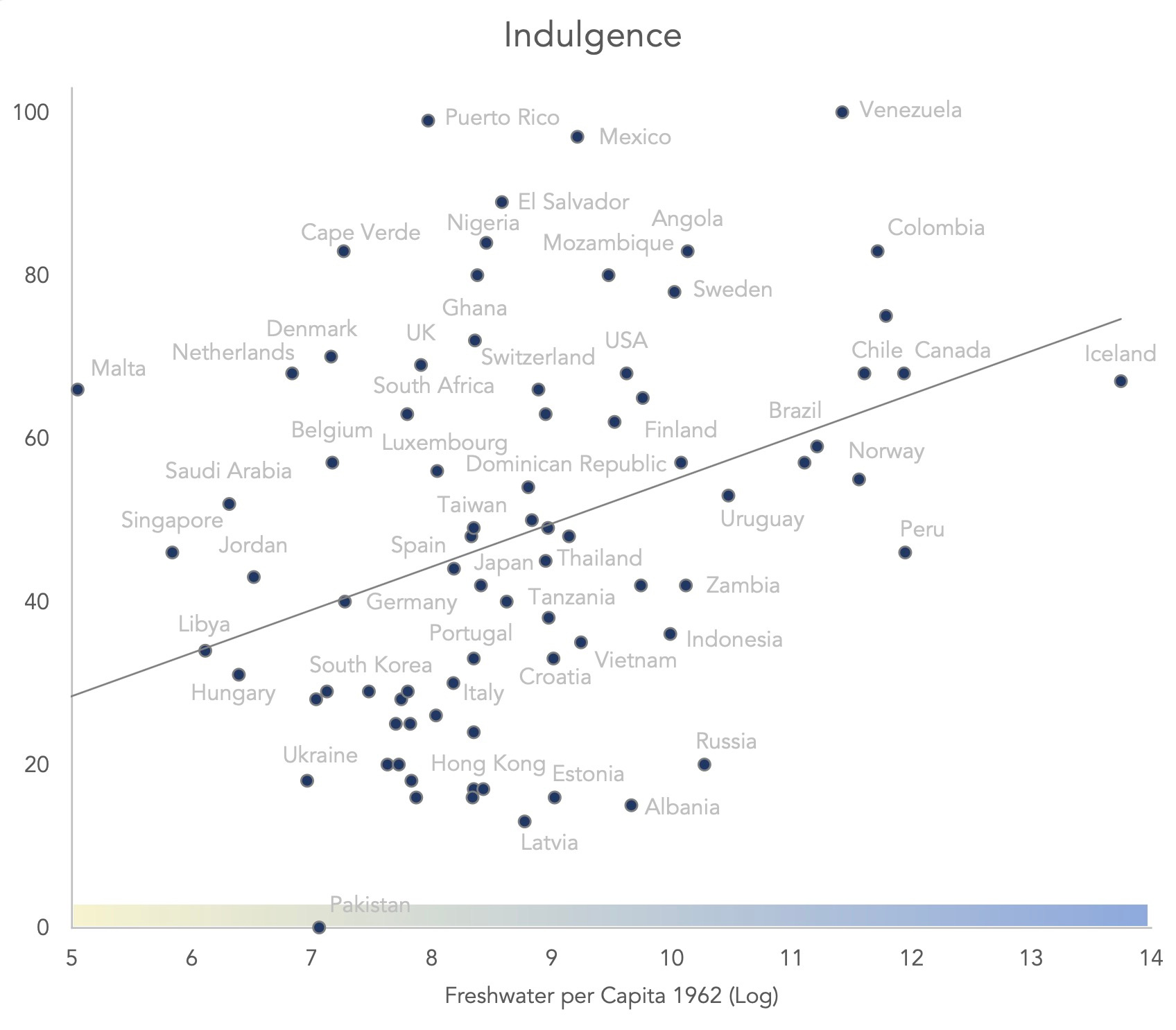
And they value thinking for the long term less.
Of course, there are many differences between dry and wet countries. To address that, we statistically controlled for potential confounds, like wealth, education, and religion.
Up to this point, we were looking at cultures' history of water scarcity and how that shapes people's psychologies. But that raises the question of climate change. Water is changing drastically right now. Is that having an effect?
We tested it by bringing students to the lab and showing them articles about climate change. One predicted more dire water scarcity. The other predicted more plentiful water.
After reading about water scarcity, people rated long-term thinking more important and indulgence less important. The opposite happened after reading about more plentiful water in the future.
This might lend a note of optimism for humanity in the face of climate change. This study suggests that humans seem to respond instinctively to water scarcity with exactly the sort of mindset we'll need to fight climate change.
Follow the Topic
Climate-Change Adaptation
Physical Sciences > Earth and Environmental Sciences > Environmental Sciences > Environmental Social Sciences > Climate-Change Adaptation
Climate Change Management
Mathematics and Computing > Mathematics > Applications of Mathematics > Mathematics of Planet Earth > Climate Change > Climate Change Management
Climate Change Ecology
Humanities and Social Sciences > Society > Sociology > Environmental Social Sciences > Climate Change Ecology
Cultural Theory
Humanities and Social Sciences > Cultural Studies > Cultural Theory
Cultural Evolution
Life Sciences > Biological Sciences > Evolutionary Biology > Cultural Evolution

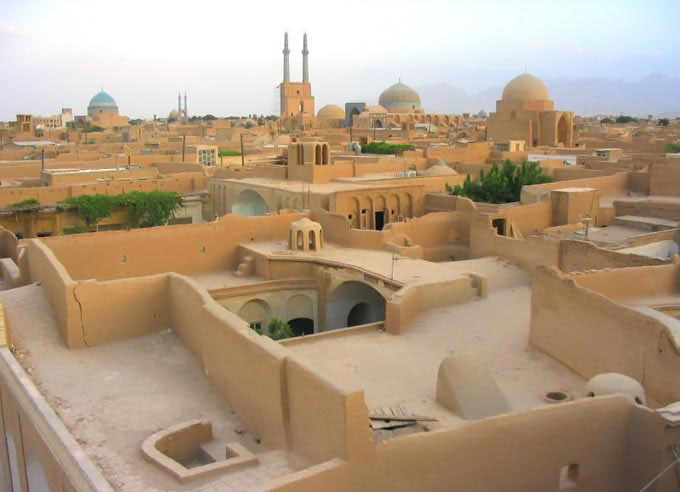

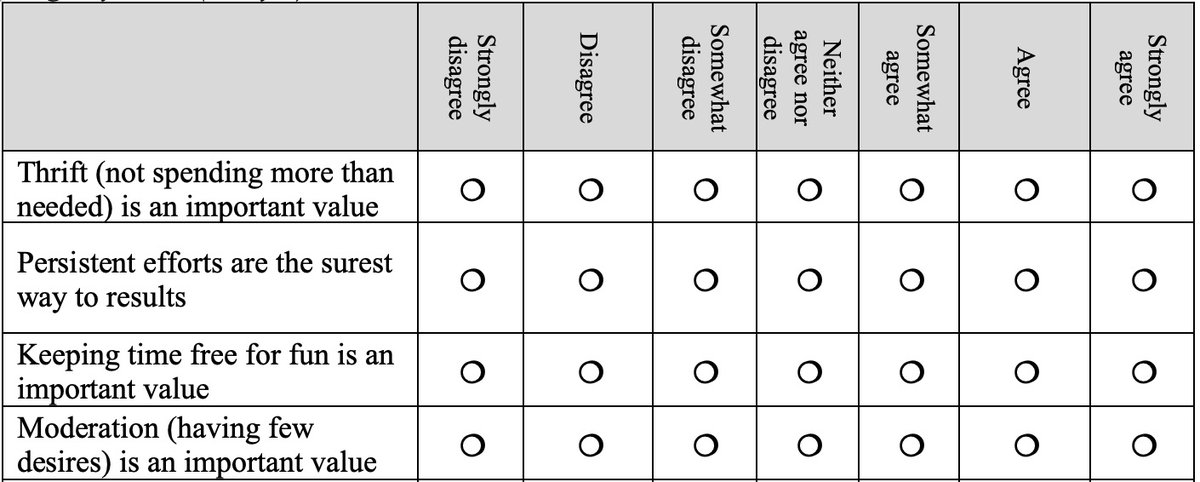
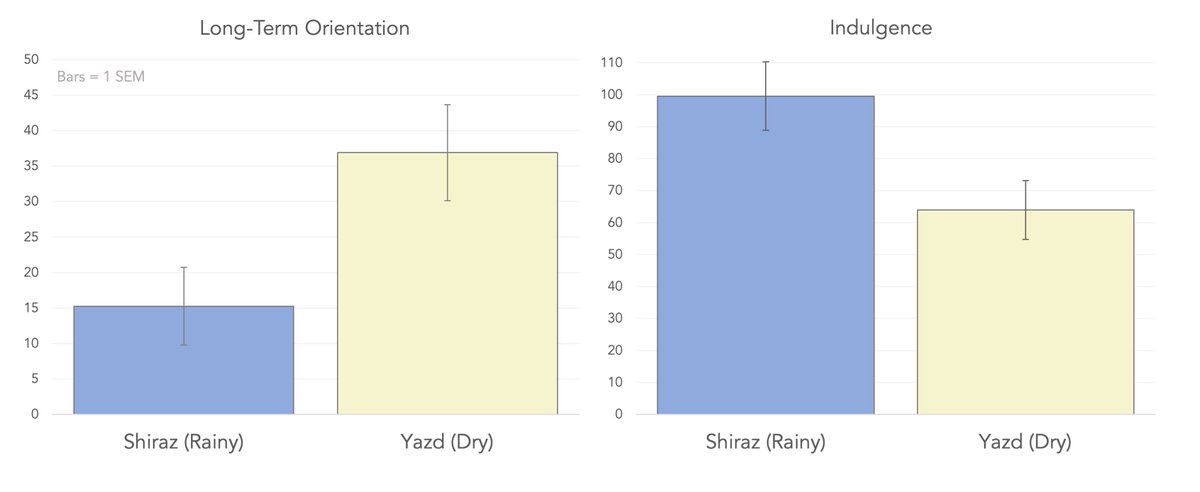
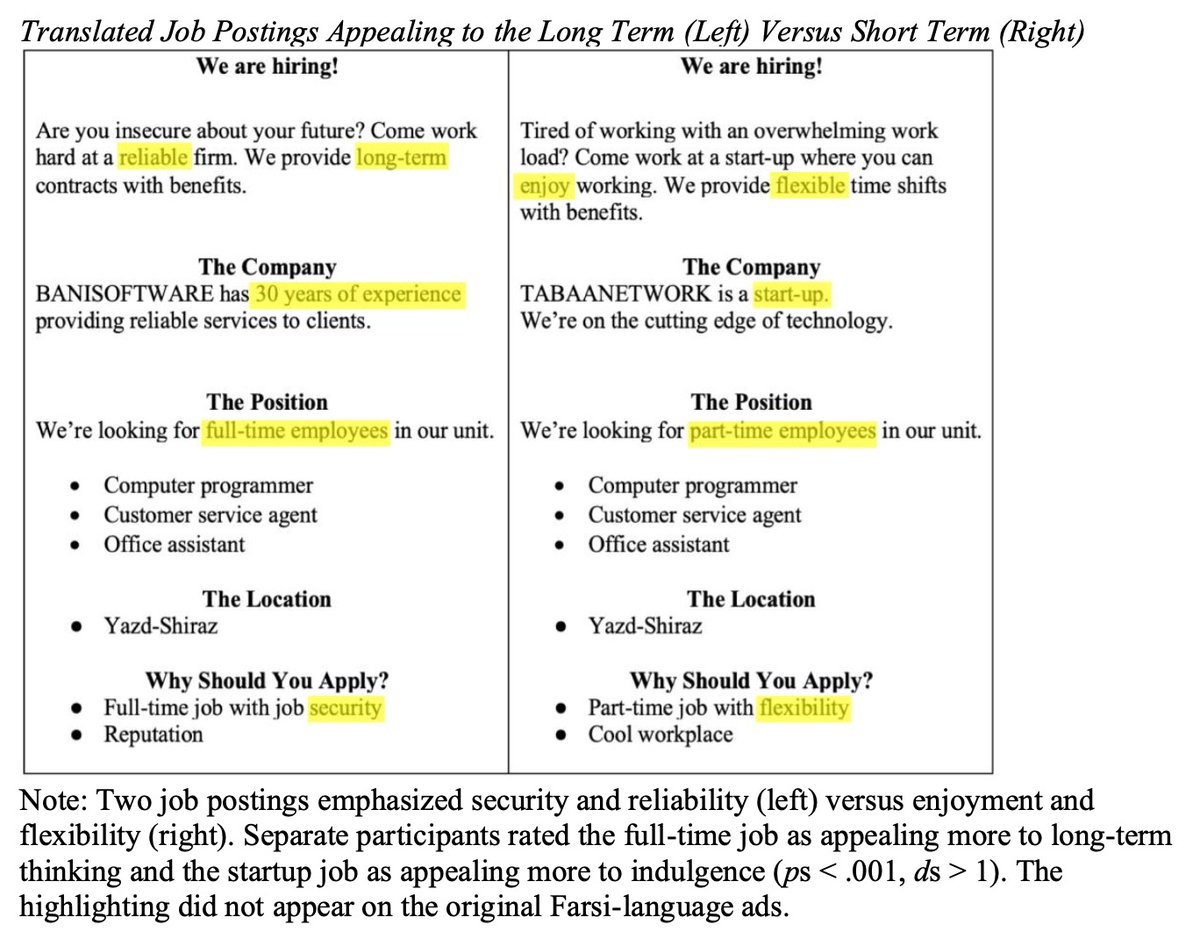
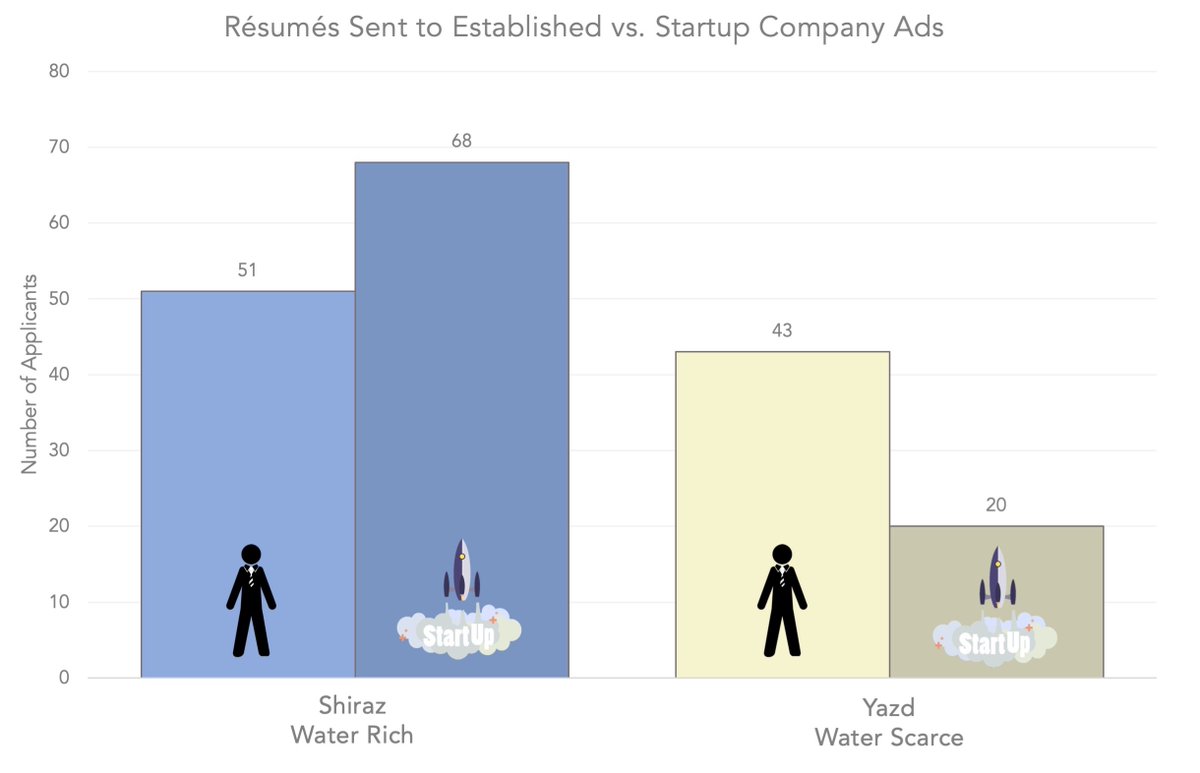
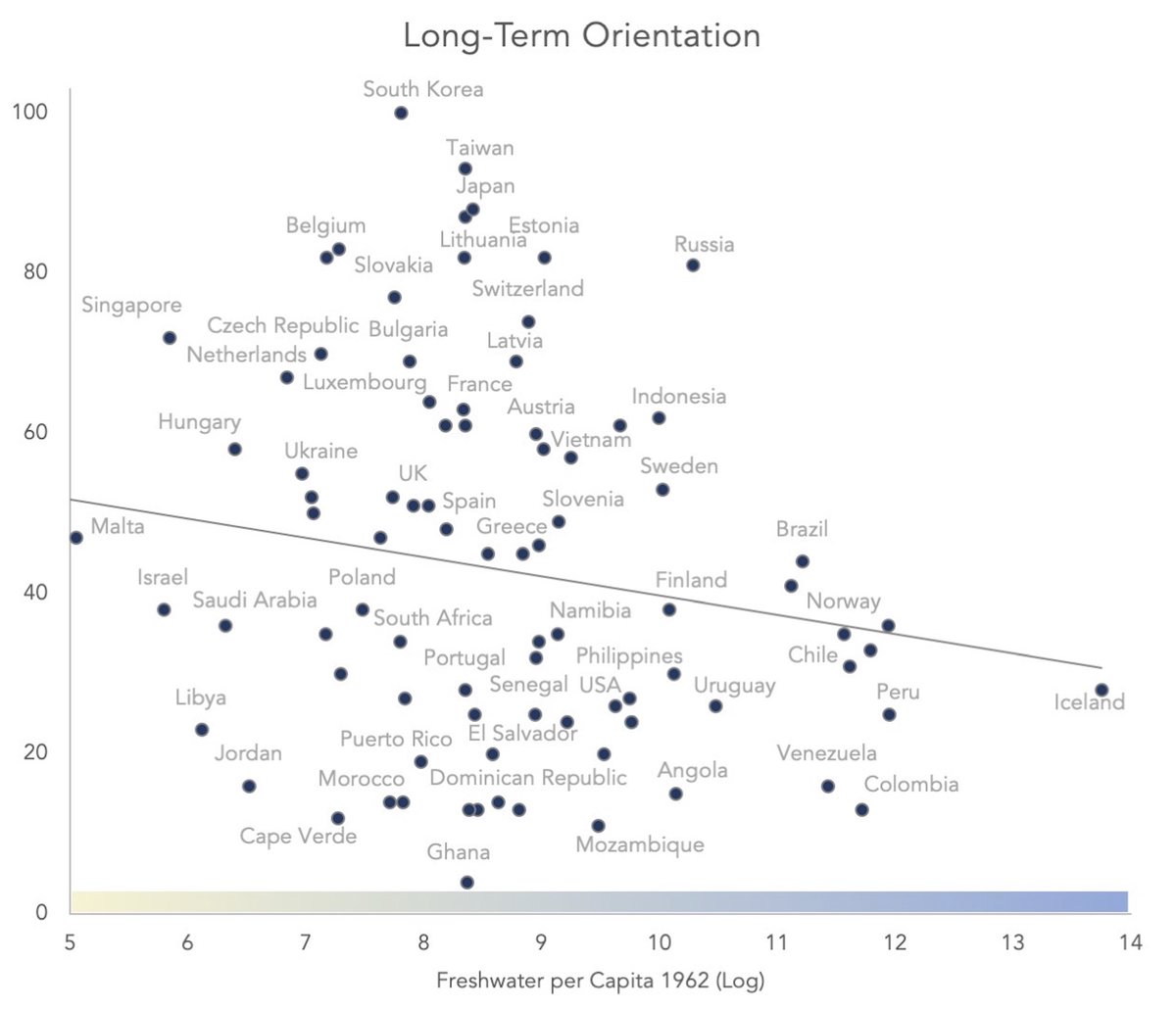
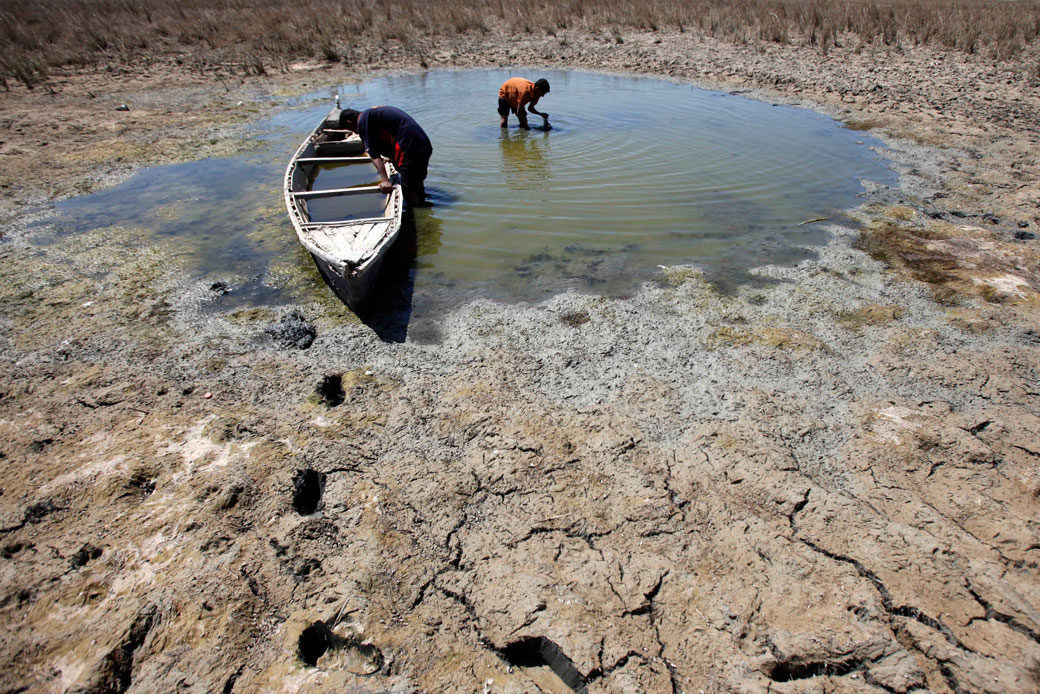
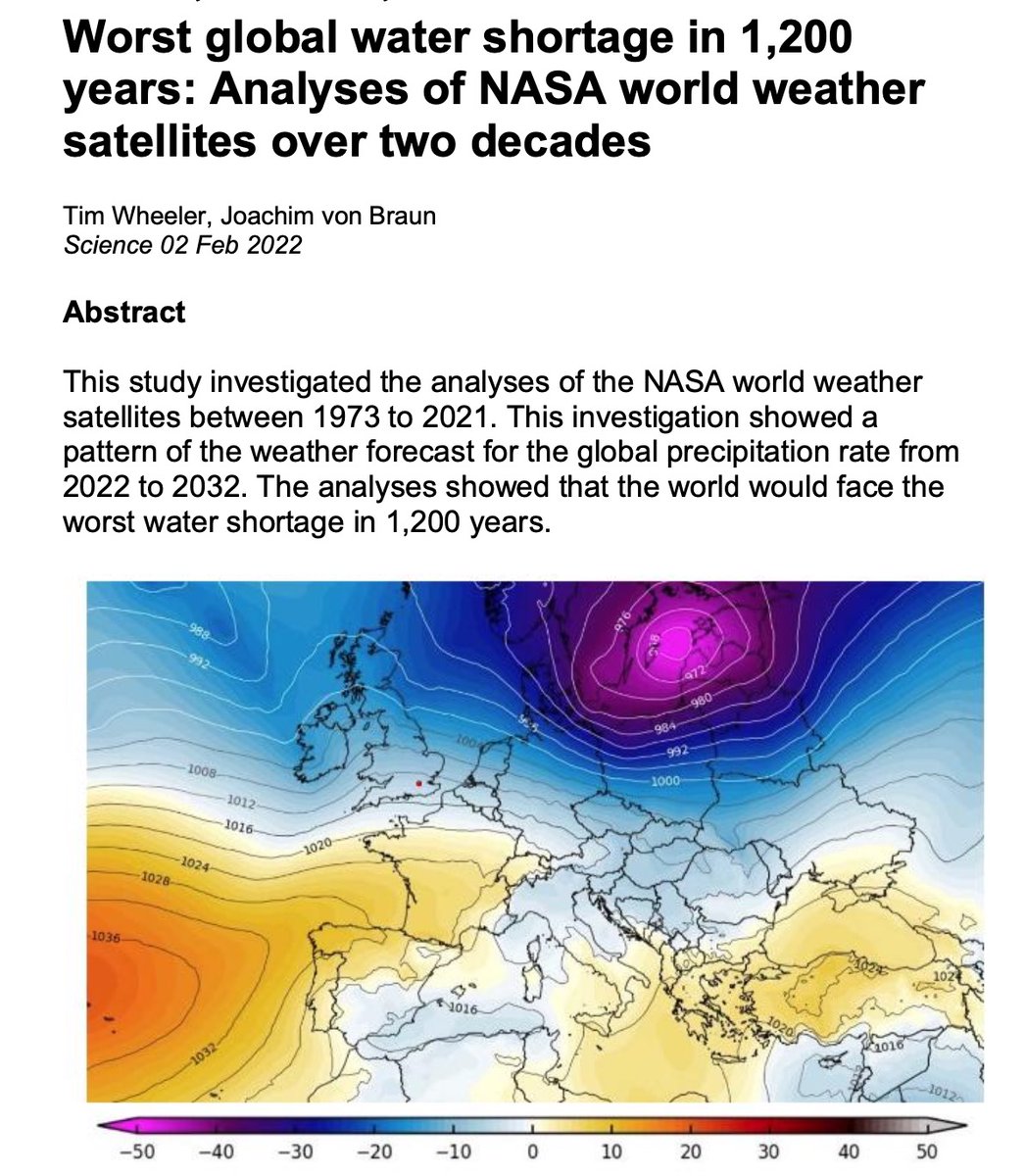
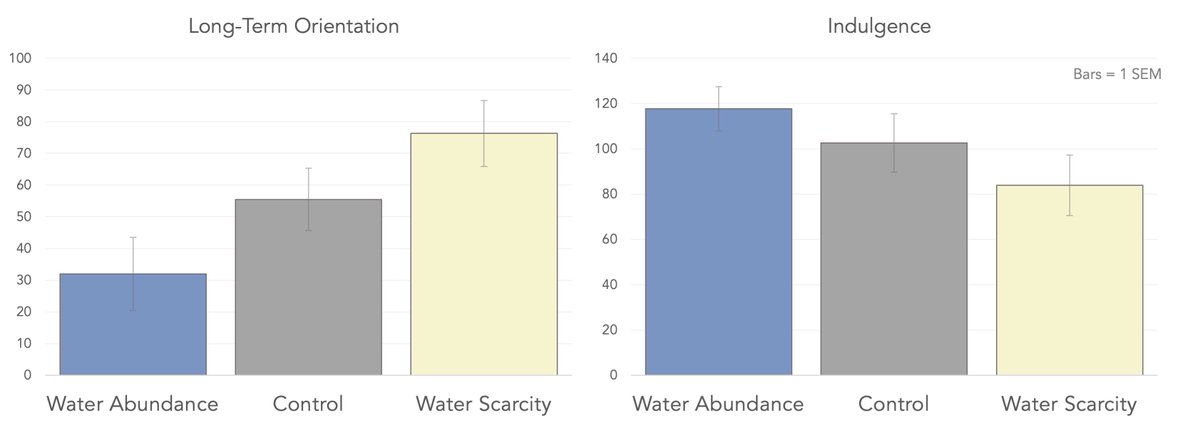


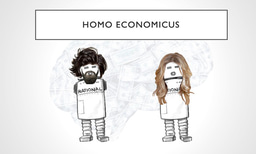


Please sign in or register for FREE
If you are a registered user on Research Communities by Springer Nature, please sign in
The paper is available as a free download at SSRN: https://papers.ssrn.com/sol3/papers.cfm?abstract_id=4569906